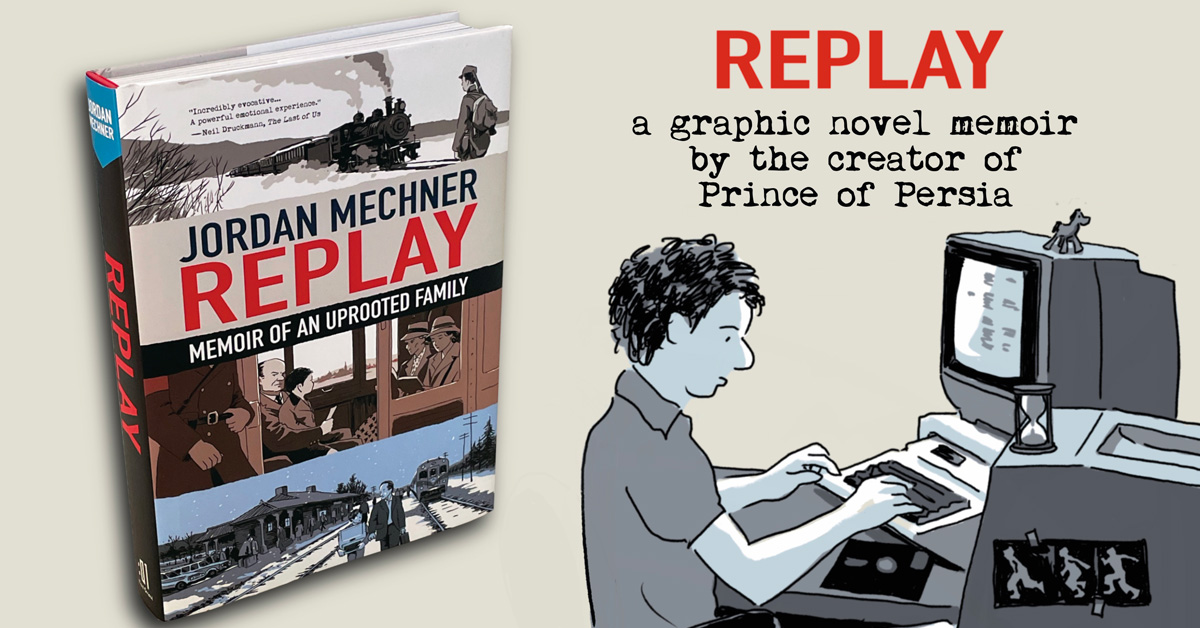Books I read in 2024
I read 30 books or 8365 pages in 2024, a solid improvement over last year’s, and many of those books were excellent. Lolita by Vladimir Nabokov was outstanding, Marcus Aurelius’ Meditations was incredible, and then there’s Family Lexicon and The garden of Finzi-Contini, and many others were close to that league. Yeah, color me satisfied. The usual scoring system applies: One star means a book is meh. Two stars mean a book is perfectly fine. Three stars mean a book is good—consider it recommended. Four stars mean a book is exceptional. Five stars is pretty much unheard of. The question of Palestine, by E.W. Said (La Questione Palestinese, il Saggiatore) ...
